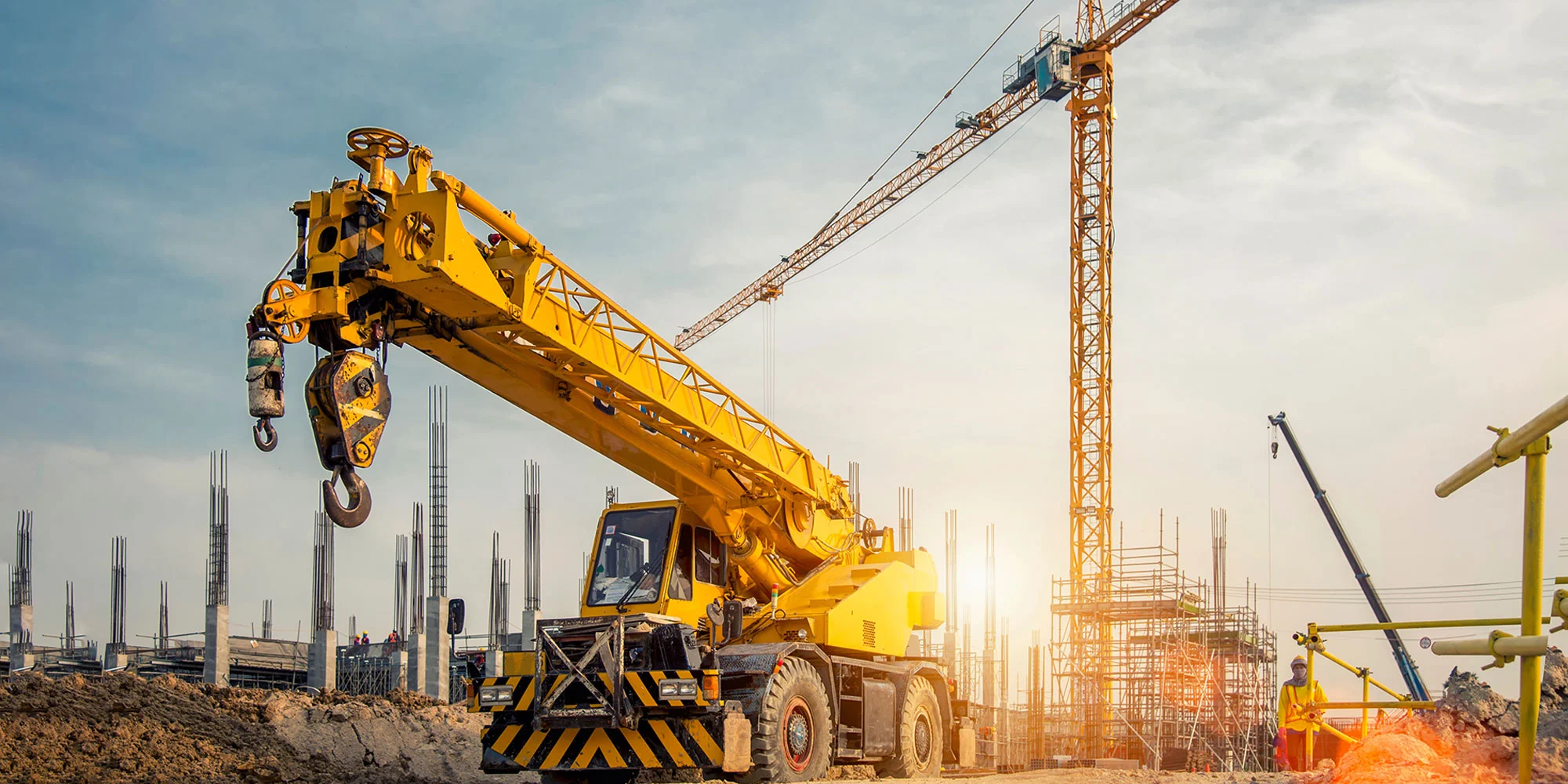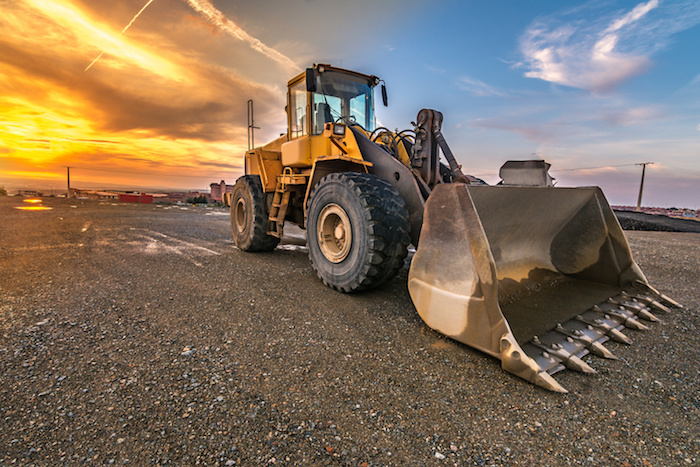Discovering the Financial Benefits of Renting Building And Construction Equipment Contrasted to Possessing It Long-Term
The decision between owning and leasing building and construction equipment is crucial for economic management in the market. Renting out offers instant price savings and functional adaptability, allowing business to allot resources a lot more successfully. Understanding these subtleties is important, especially when considering how they align with particular job requirements and economic strategies.

Expense Contrast: Renting Out Vs. Owning
When examining the monetary effects of owning versus leasing building and construction tools, a thorough cost contrast is crucial for making educated decisions. The choice in between owning and renting out can dramatically affect a business's bottom line, and recognizing the linked prices is vital.
Renting out building devices generally involves lower ahead of time prices, allowing organizations to assign capital to other operational needs. Rental agreements often consist of versatile terms, allowing firms to accessibility progressed equipment without long-term dedications. This flexibility can be specifically beneficial for temporary projects or rising and fall workloads. Nonetheless, rental costs can collect over time, possibly going beyond the cost of possession if equipment is required for an extended period.
Conversely, possessing building and construction equipment requires a considerable first financial investment, along with ongoing expenses such as devaluation, insurance, and financing. While possession can bring about long-term savings, it also binds funding and may not provide the very same level of adaptability as renting. In addition, owning tools necessitates a commitment to its utilization, which might not always line up with project needs.
Inevitably, the choice to own or lease should be based upon a comprehensive analysis of particular project needs, financial ability, and lasting critical objectives.

Upkeep Obligations and costs
The option between having and leasing building devices not just includes monetary considerations yet additionally incorporates recurring upkeep costs and responsibilities. Owning equipment requires a substantial commitment to its upkeep, which includes regular assessments, fixings, and possible upgrades. These responsibilities can quickly build up, causing unanticipated prices that can stress a budget.
In contrast, when leasing tools, upkeep is typically the duty of the rental firm. This setup permits professionals to avoid the financial burden related to deterioration, in addition to the logistical challenges of scheduling repairs. Rental agreements often consist of stipulations for upkeep, suggesting that specialists can concentrate on completing projects instead of worrying about equipment problem.
In addition, the varied variety of tools available for rental fee makes it possible for companies to pick the current versions with sophisticated modern technology, which can enhance performance and productivity - scissor lift rental in Tuscaloosa Al. By going with rentals, services can avoid the long-lasting responsibility of equipment devaluation and the associated maintenance frustrations. Ultimately, reviewing maintenance costs and duties is essential for making an educated decision regarding whether to rent or have building tools, considerably influencing total job prices and operational effectiveness

Devaluation Effect on Ownership
A considerable element to consider in the decision to own building tools is the effect of devaluation on overall possession expenses. Devaluation represents the decrease in value of the tools over time, affected by factors such as usage, wear and tear, and improvements in modern technology. As devices ages, its market worth decreases, which can dramatically impact the proprietor's financial placement when it comes time to trade the tools or offer.
For building firms, this depreciation can convert to considerable losses if the tools is not used to its greatest potential or if it lapses. Proprietors need to make up devaluation in their monetary estimates, which can cause higher overall prices compared to renting out. Furthermore, the tax implications of devaluation can be complicated; while it may supply some tax advantages, these are often countered by the fact of lowered resale worth.
Inevitably, the problem of depreciation emphasizes the significance of understanding the long-term financial commitment associated with having building and construction equipment. Firms need to very carefully examine exactly how typically they will certainly make use of the tools and the prospective financial influence of devaluation to make an educated decision about ownership versus renting out.
Monetary Flexibility of Renting Out
Leasing construction devices supplies considerable financial versatility, permitting companies to allocate sources much more efficiently. This flexibility is specifically crucial in a sector identified by rising and fall task demands and differing work. By choosing to rent, companies can prevent the considerable resources expense required for purchasing tools, protecting capital for various other operational demands.
Furthermore, leasing tools makes it possible for firms to tailor their equipment options to details task requirements without the long-lasting dedication related to ownership. This means that companies can conveniently scale their equipment supply up or down based on anticipated and present task needs. Subsequently, this versatility decreases the danger of over-investment in machinery that may end up being underutilized or obsolete over time.
Another economic benefit of used vibratory roller for sale renting out is the capacity for tax benefits. Rental payments are frequently thought about business expenses, allowing for immediate tax obligation reductions, unlike devaluation on owned and operated devices, which is spread over several years. scissor lift rental in check out here Tuscaloosa Al. This immediate expense acknowledgment can further boost a firm's cash position
Long-Term Task Factors To Consider
When evaluating the lasting demands of a building and construction business, the decision between owning and leasing equipment ends up being extra complex. Secret elements to take into consideration consist of task period, regularity of use, and the nature of upcoming jobs. For projects with extensive timelines, acquiring devices might appear useful as a result of the capacity for reduced overall prices. However, if the tools will not be used consistently throughout projects, possessing may cause underutilization and unnecessary expenditure on maintenance, storage, and insurance.
In addition, technological innovations posture a substantial consideration. The building industry is developing quickly, with new tools offering enhanced performance and security features. Renting allows firms to access the most recent innovation without devoting to the high upfront expenses linked with investing in. This flexibility is specifically valuable for companies that manage varied projects requiring different sorts of devices.
In addition, financial stability plays an important duty. Having devices typically entails significant capital expense and depreciation issues, while renting permits even more foreseeable budgeting and money flow. Ultimately, the choice between renting out and having needs to be lined up with the tactical objectives of the building and construction organization, taking into consideration both existing and awaited project demands.
Verdict
In final thought, renting construction equipment supplies significant monetary advantages over long-term ownership. The lessened ahead of time expenses, elimination of upkeep obligations, and evasion of depreciation add to boosted capital and financial adaptability. scissor lift rental in trackhoe excavator Tuscaloosa Al. Furthermore, rental payments act as immediate tax reductions, better benefiting specialists. Eventually, the decision to rent instead of very own aligns with the dynamic nature of construction projects, allowing for adaptability and accessibility to the most recent tools without the economic concerns connected with ownership.
As equipment ages, its market value decreases, which can dramatically influence the proprietor's monetary setting when it comes time to offer or trade the devices.
Renting building equipment offers significant financial flexibility, allowing firms to designate sources a lot more effectively.Furthermore, leasing equipment allows business to customize their tools selections to specific project demands without the lasting dedication linked with possession.In verdict, leasing construction tools provides considerable monetary benefits over long-term ownership. Ultimately, the decision to rent rather than own aligns with the vibrant nature of construction jobs, permitting for flexibility and accessibility to the latest equipment without the financial concerns connected with ownership.
Comments on “Aerial Lift Rental in Tuscaloosa AL: Secure and Efficient High-Reach Equipment”